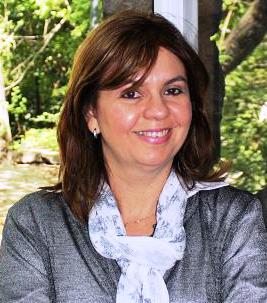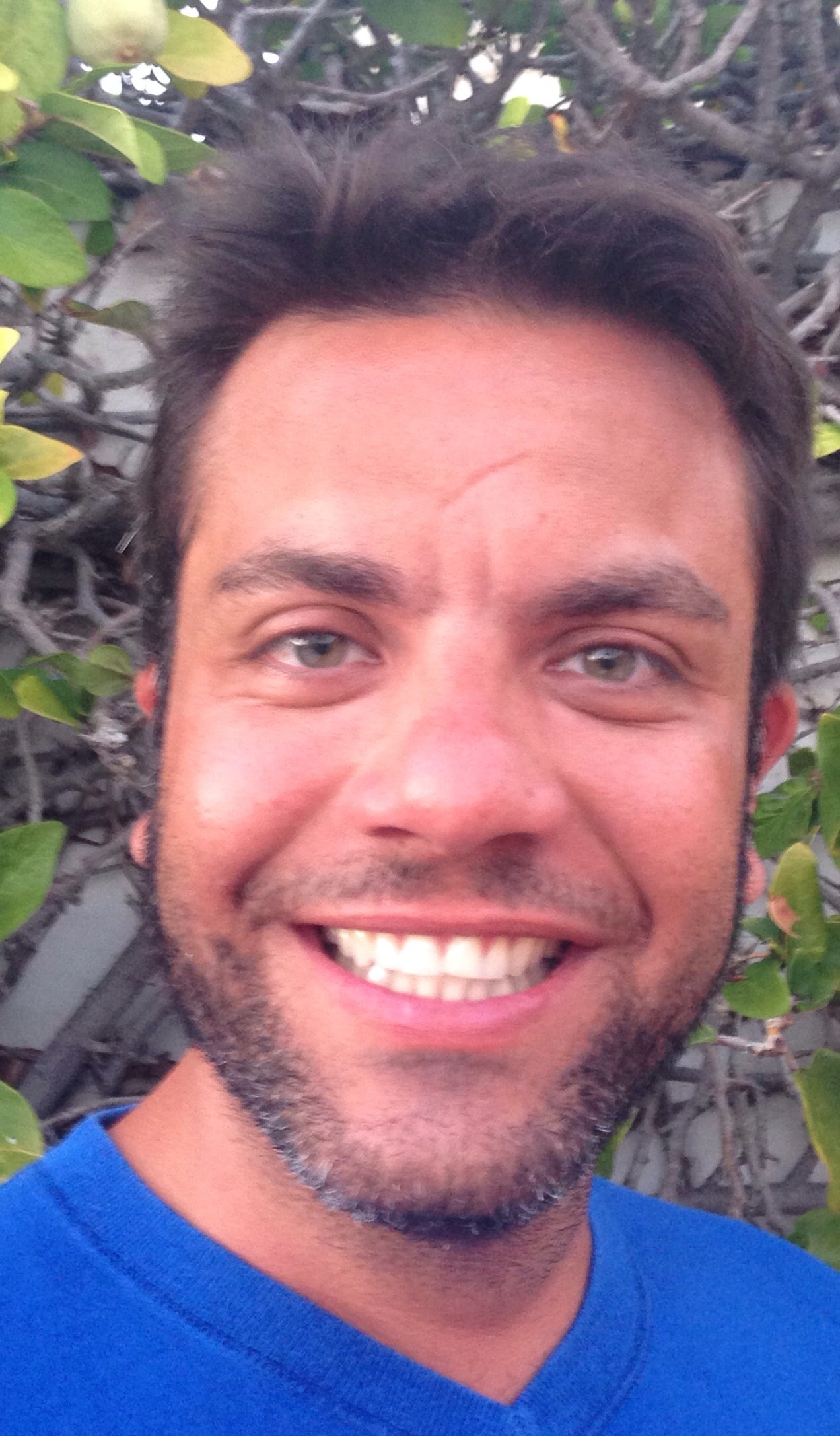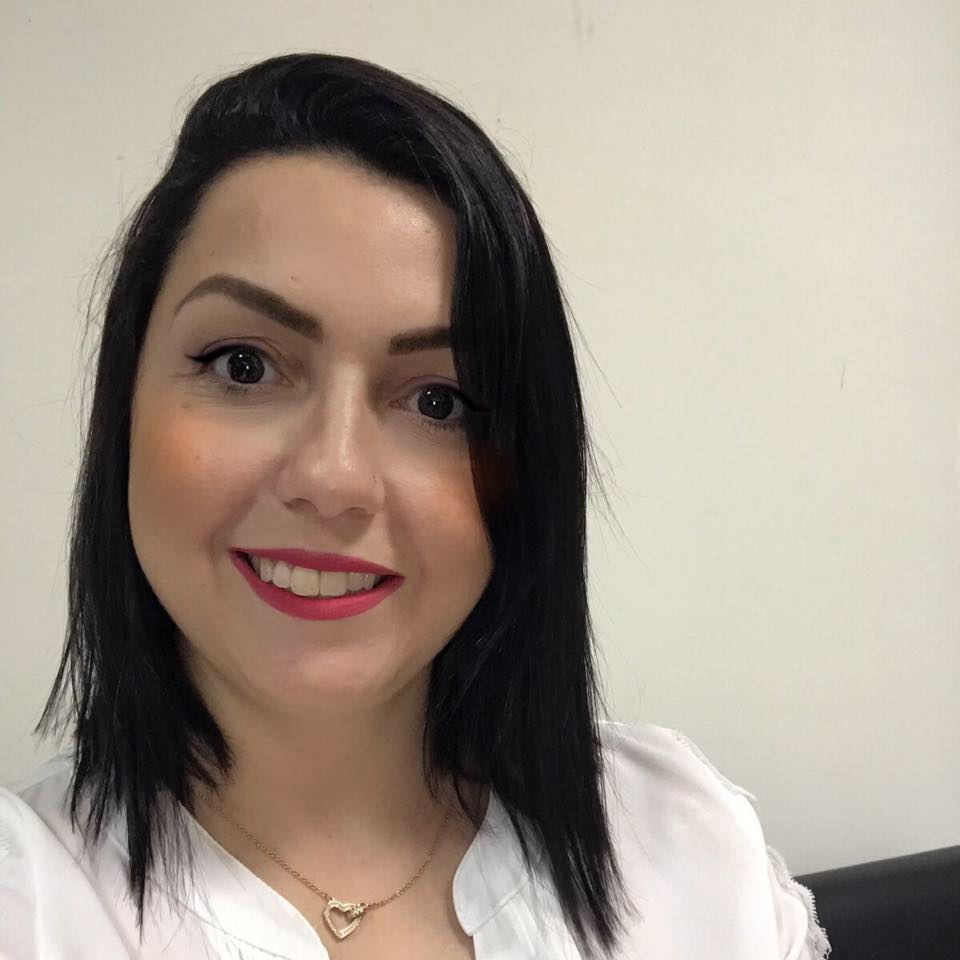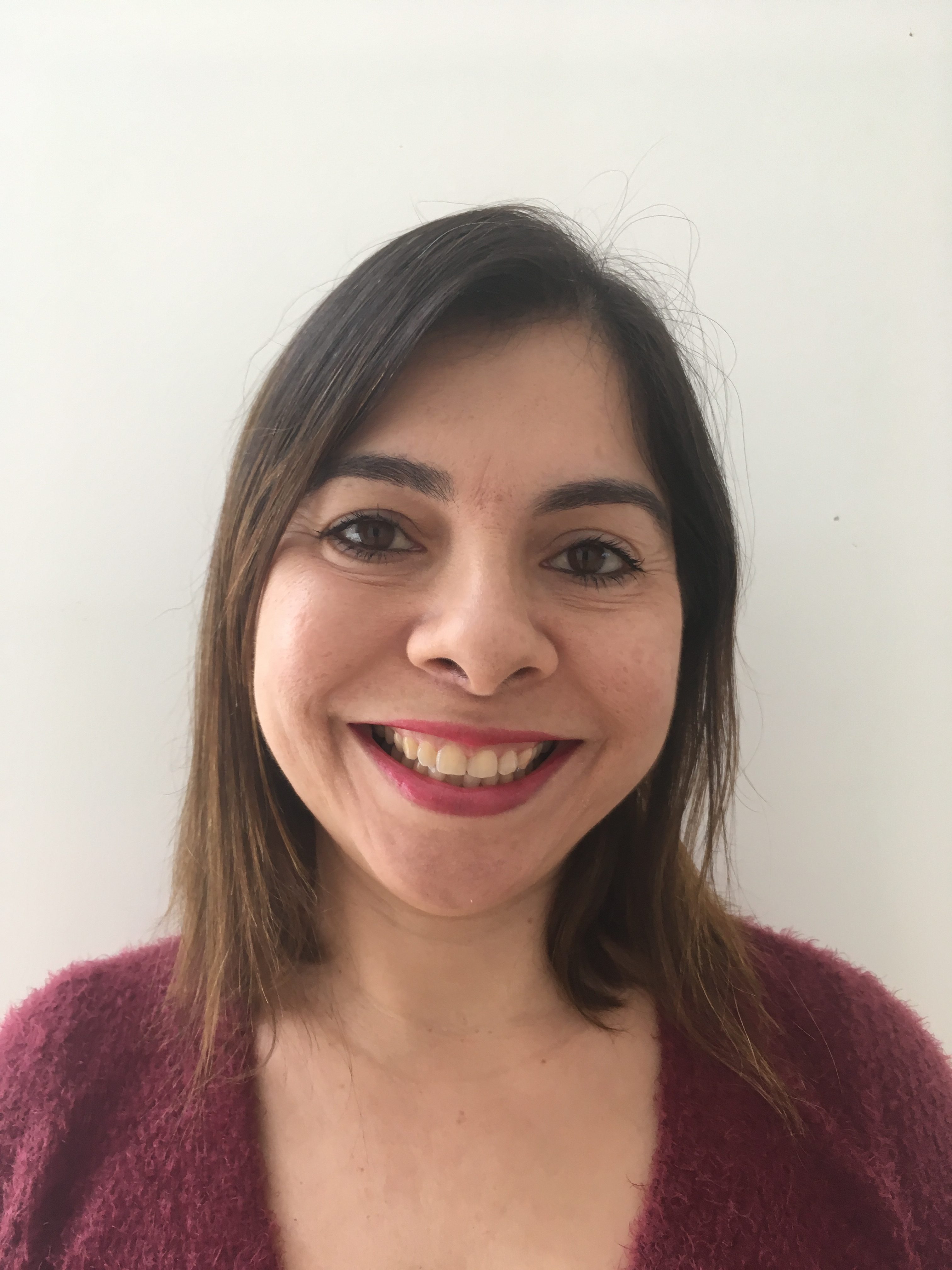The importance of giving feedback
Traditionally, tests and examinations evaluate how students perform in terms of learning outcome. However in a learner-centred education system, it is more important to monitor students’ learning processes and to give them direct feedback. Such feedback can help students learn more efficiently; and if used correctly, feedback can function as a very powerful tool to motivate students to learn. Consequently, monitoring students’ learning processes demands the teacher’s ‘awareness and control’ (or metacognition) of his/her own teaching.
According to Professor Yuen Kwong ( 2001) “Monitoring students’ thinking processes, giving them feedback and motivating them to learn are not only very important tasks of a teacher, but they are also intimately related” .
Feedback is providing learners with information on their performance. Wrongly, feedback has been associated largely with error correction, but that it is only one reason for its use. Equally important is the opportunity it gives the teacher to praise learners for effective language use, and discuss how well they achieved their communicative goals and contributed on a personal level. In some cases it will lead into a new cycle of language input arising out of the activity. This input can be some of the most useful and memorable language you teach, and many learners view feedback as one of the most crucial parts of their learning experience. It’s like building bridges for effective learning.
Jenny Rogers (2008) states that feedback should:
• be prompt, closely following the event
• contain encouragement
• be specific about why something was good or was not up to standard and what the student can do about it
• not focus on too many different aspects at the same time
• be unambiguous and clear.
Some tips for giving feedback:
- Make sure that you have an opportunity to speak to each student individually on a regular basis to provide personal feedback.
- Try to involve the student in self-assessment so that the learners set their own goals and can tell you how they think they are measuring up. They can then ask for advice and take some responsibility themselves.
- Start by giving the class some positive feedback on what learners achieved.
- Give learners a minute to think about their work. E.G. Were they pleased about in the speaking activity they have just done?
- Extract the maximum benefit from an activity by: demonstrating how the activity can be expanded.
- Use the e-board/white board. Write up a mixture of correct and incorrect language that your SS have produced and then ask them to individually, in pairs or in groups, do the correction, pair check, etc.
- Use the e-board for the language feedback and make it fun – competitions, finding the odd one out, etc.
- Set individual short mini –meetings with your SS
- Use learner diaries
- Set Tutorials/ Counselling
- Encourage SS to take risks
To sum up, giving constructive feedback to a student is very important as learners need to feel that they are making progress. However, it needs especially careful handling because you should not embarrass a learner in front of peers or appear to favour some rather than others.
Suggested reading:
- Kwong, P. (n.d.). CDTL Brief, Newsletter. CDTL Brief, Newsletter. Retrieved July 10, 2014, from https://cdtl.nus.edu.sg/brief/v4n2/default.htm
- Nolasco, R., & Arthur, L. (1987). Conversation. Oxford: Oxford University Press.
- Rogers, J. (2008). Coaching skills a handbook (2nd ed.). Maidenhead, England: McGraw Hill/Open University Press.
- Thornbury, S. (1999). How to teach grammar. Harlow, England: Pearson Education.
- Ur, P. (1996). A course in language teaching: practice and theory. Cambridge [England: Cambridge University Press.






